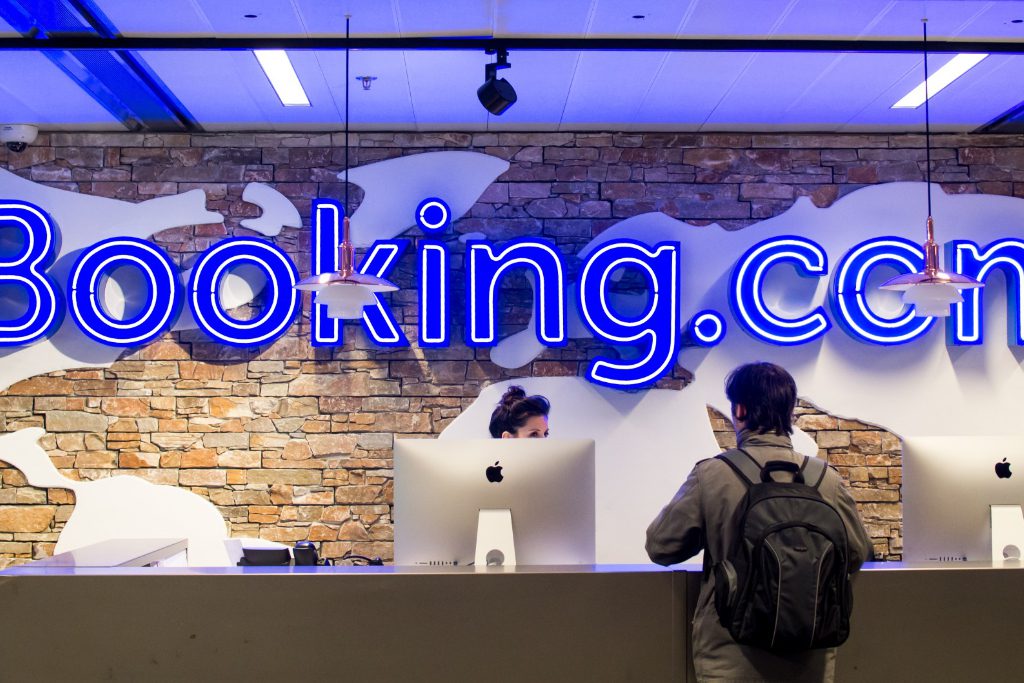CEO Hints Booking Holdings Is Ready to Buy More Companies

Skift Take
Falling victim to the so-called law of large numbers, Booking Holdings saw its total revenues for the first quarter drop 3 percent from the prior year. Industry ears perked up when CEO Glenn Fogel mentioned mergers and acquisitions as a possible tactic to reignite growth a few times during an investor conference call.
High-growth companies slow down as they expand. Online travel conglomerate Booking Holdings is hoping to defy that by investing into new markets like alternative accommodations. But progress has been slow.
During the first-quarter, Booking Holdings saw its total revenues decline 3 percent, year-over-year, to $2.8 billion.
One other path to new growth could be more acquisitions, CEO Glenn Fogel suggested on an earnings call Thursday.
The company partly blamed a weakness in the U.S. dollar's value relative to other currencies for the revenue drop. Without the currency issues, revenue growth would be up about 3 percent, the company said.
Either way, the company's growth is now tepid compared to the 16 percent average annualized year-over-year revenue growth that it enjoyed between 2014 and last year.
Looking ahead, the company is forecasting merely 5 to 7 percent revenue growth in the second quarter.
Growth Through Acquisitions?
During the call, Fogel said three times that he was considering opportunistic mergers and acquisitions. For example, he said, "As we continue to execute against a very large market opportunity, we will look to drive shareholder returns through a combination of organic growth investment

